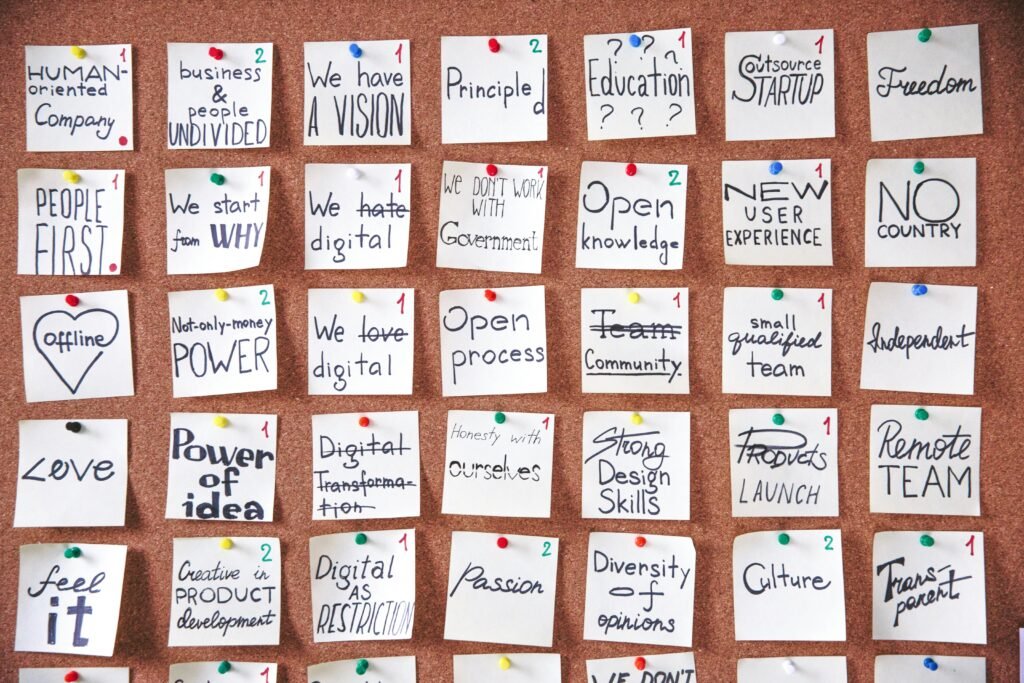
Personal Reflections: Facing Financial Realities and Balancing Family Dynamics
12 Days Before Departure:
I’m about to sell my car. My Suzuki, 2021 model, seemed like a good buy – until I found out it had been in an accident. It feels like a metaphor for the move: a big decision, and only later do I discover the complications that come with it. Now, with 12 days left, I’m trying to sell it and recoup as much as I can. He offered me 15,000 shekels in cash, but what good will cash do me with foreign currency fees looming? Yet, somehow, I couldn’t say “no.” Now, I need to explain to him that my wife insists on a different arrangement.
I’ve never been good at confrontations. This move should teach me to stand my ground, but here I am, still worrying about other people’s reactions. Maybe courage is something you learn slowly, one conversation at a time.
Reflections on Self-Worth and Financial Stability
The truth is, there isn’t enough work for everyone. No matter how hard you work, there’s always an element of faith involved – min Allah. This move isn’t even about my work; it’s about my wife’s career, about giving her the stability I’ve never fully had as a freelancer. I make my living by helping others market themselves, yet here I am, struggling to market myself as a responsible adult. My father, proud as he is of me, still calls me a “freelancer” with a mix of admiration and disappointment. He tells me, “Go work like a benadam!” And maybe he’s right.
Thoughts on the New Beginning
So why Canada? Because they say people there are kinder, or at least polite. Maybe this kindness will help us find our footing in a world that’s more forgiving of people who don’t have all the answers. Haifa, occupied Haifa, feels like a place where everyone lives on edge, where work feels like a punishment more than a purpose. Maybe in Canada, things will be different. Maybe there, the money will add up and finally be “enough.”
Final Thoughts
Packing up everything isn’t just a process; it’s a realization of what we leave behind and what we need for this journey. Maybe the courage I lack now will come with time. Maybe, with each step, I’ll learn to face the financial, personal, and emotional realities of uprooting my family and setting out on this path. The hope is that somewhere in the middle of all this, we’ll find a sense of stability and belonging that feels like home.
Step-by-Step Guide
- Evaluate Financial Readiness
Before beginning the migration process, assess your current financial situation and determine what resources are available. Create a budget that considers not only the immediate costs (visa, tickets, initial accommodations) but also the ongoing expenses like housing, healthcare, and schooling in the new country. Be honest with yourself about financial limitations, and understand that this journey will require flexibility and prioritization. - Plan for Employment Transitions
If you’re moving with a family, recognize the importance of securing stable income for at least one partner. Consider which professions are most in-demand in the new location and whether additional certifications are required. Explore job opportunities in advance and, if possible, reach out to recruiters or local contacts to understand the job market. - Set a Savings Goal for Unexpected Costs
Moving is full of surprises. Set aside a portion of your budget for unforeseen expenses, like car repairs, last-minute purchases, or emergency flights. Make sure that these funds are accessible but dedicated solely to covering unexpected migration-related costs. - Consider Currency Exchange and Cash Flow
When relocating, cash flow and currency exchange become major considerations. Look into the exchange rates, fees, and the best ways to convert money without losing too much value. Also, ensure you have enough funds in the currency of the destination country to cover immediate needs upon arrival. - Communicate Financial Expectations with Family
Openly discuss financial roles and responsibilities with your spouse, children, or anyone moving with you. This ensures everyone is on the same page and minimizes misunderstandings. For instance, agree on priorities like housing, schooling, and transportation.
Immigration is not just about moving from one place to another; it’s a complex process of planning, adapting, and finding balance. Whether it’s managing daily tasks, understanding new systems, or creating stability for your family, every step is part of the journey.”

Written by Wa Alikum Salam, Immigrant.


